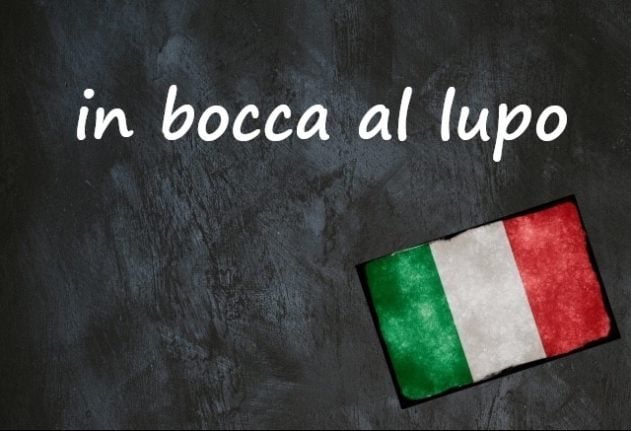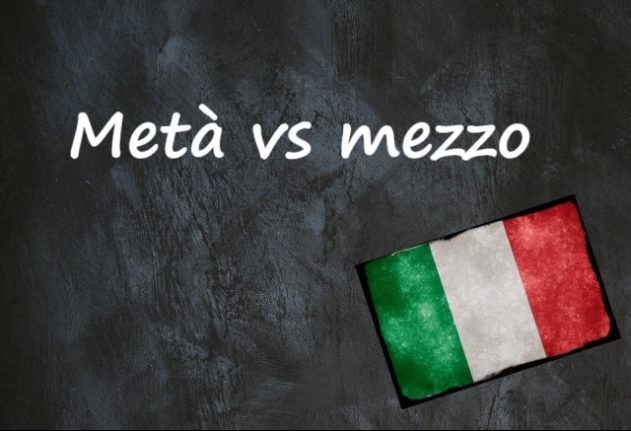Literally translating into English as ‘in the wolf’s mouth’, this famous Italian phrase is much more interesting to say than a simple ‘good luck’.
And in some parts of Italy, saying buona fortuna (‘good luck’) is sometimes believed to bring the opposite.
That’s why, though it may sound a bit dramatic, this idiomatic phrase really is used in everyday conversation in Italy.
Much like the English ‘break a leg’, the phrase is heard a lot in the theatre. But it’s also used when wishing good fortune to someone about to take on a daunting or challenging task – such as sitting an Italian language exam, or visiting the local prefettura.
READ ALSO: Popes, chickens and reheated soup: 15 everyday Italian idioms you need to know
Confusion arises however over what exactly you’re supposed to say in response.



 Please whitelist us to continue reading.
Please whitelist us to continue reading.
Member comments